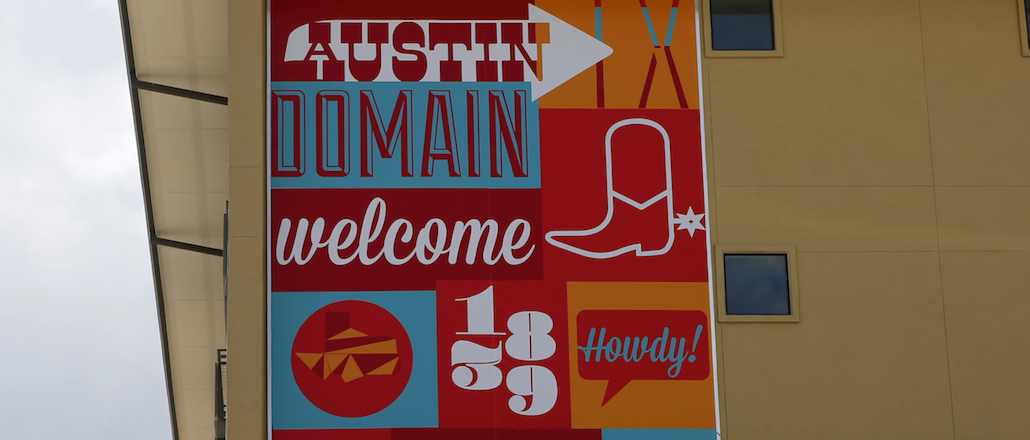Secure your place at the Digiday Publishing Summit in Vail, March 23-25


Kenneth Hein is global marketing director at Gyro, a business-to-business marketing agency
While artificial intelligence was a hot topic at SXSW Interactive, the true star of this year’s festival was human beings. Nearly two-dozen sessions included the word “human.” Throughout, a theme that clearly emerged was that in order for technology to evolve, it needs to better consider the impact on the living, breathing person who is using it.
Put another way: “Self-awareness and empathy, that’s how you win. Start giving a fuck about people,” said VaynerMedia’s Gary Vaynerchuk.
Here are three takeaways from SXSWi that reinforce Vaynerchuk’s observation (only without any additional profanity):
Social media gets ‘Super’
Let’s start with Biz Stone who sent Twitter into the stratosphere at SXSW in 2007. This year, he took the main stage to launch his new social media/community app Super. Why is he bothering? He feels like there is a space that isn’t being filled in social media—one that elicits empathy and emotion. (That said, Twitter didn’t show much in the way of empathy for startup Meerkat this year.) One Super user, for example, posted an image of burnt toast saying they were “burnt out and in need of a trip, far away.” Another user responded with a picture of the beach and said, “Make it sunny and warm.” Stone is definitely taking a human approach with the launch. Each user who signs up is met with a personal e-mail inviting them ask Stone any questions about Super.
The positive ripple effect of Uber
Another platform looking for lift off at SXSWi was Lyft. Lyft says it has the noble goal of reducing the number of cars on the road. It joins SideCar, Getaround and, of course, Uber. According to Malcolm Gladwell during a well-attended keynote, Uber has the potential to disrupt entire industries. He noted that if the service continues at its current pace there will be less need for cars (a problem for the auto industry) and less need for parking spaces (a boon for the real estate industry.) The biggest benefit of all is the fact that fewer cars will mean fewer deaths. “Traffic fatalities continue to be a catastrophic form of death in this country,” said Gladwell. “Driving is hopelessly and ridiculously catastrophic.”
Wearables and the customization revolution
Here is a valuable insight regarding the customers of today: “Distracted, discerning and demanding, audiences expect to do things exactly the way they want. Customization is the name of the game,” said Francesca Marie Smith of the USC Annenberg Innovation Lab (AIL). One of the big, potential benefits of wearables (another huge topic this year) is the fact that they can customize an experience for the user in a very personal way. Wearables that react to biometric levels and the outside environment will “take hyper personalization to a whole new level and collapse the distance between reality and fiction,” said AIL technical director/research fellow Geoffrey Long. Another aspect of customization that is coming on strong is the consumer’s ability to make exactly what they want. A strong example is childsown.com. It enables children to create their own plush toy from a refrigerator drawing. This is a far cry from Cabbage Patch kids.
While these are just three examples, there were many, many more. Conversations spanned making healthcare more human, UX more human and, yes, even marketing more human. As Contagious editor director Nick Parish put it: “The brand world is looking for moments of empathy to connect with customers.”
So what’s next for SXSW organizers: SXSWHuman?
Image courtesy of GSPhotography / Shutterstock.com
More in Marketing

Yahoo pauses IAB membership amid a series of quiet cost-saving measures
Yahoo pulls IAB board memberships, following job cuts as PE-owner reportedly reconsiders ad tech investments.

Target looks to e-commerce, advertising investments to help grow the business
Technology is one of the most important areas in which Target will invest with the hopes of returning to profit growth.

‘The conversation has shifted’: The CFO moved upstream. Now agencies have to as well
One interesting side effect of marketing coming under greater scrutiny in the boardroom: CFOs are working more closely with agencies than ever before.





